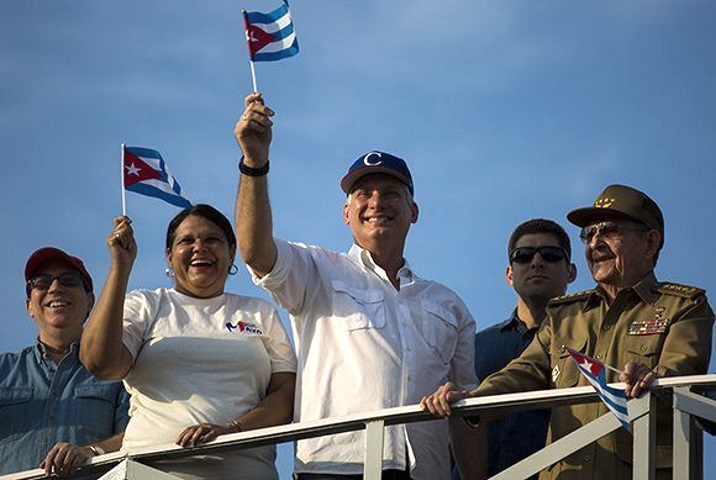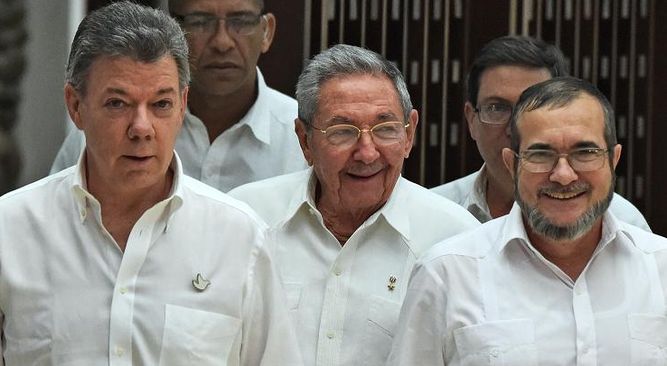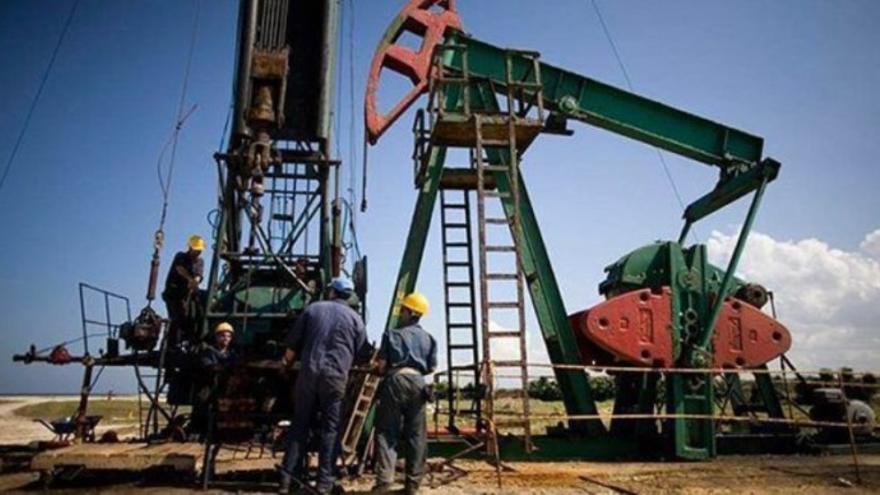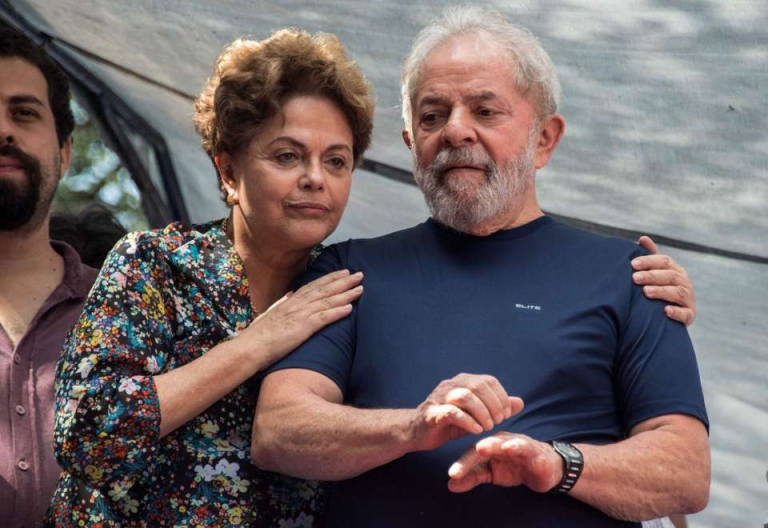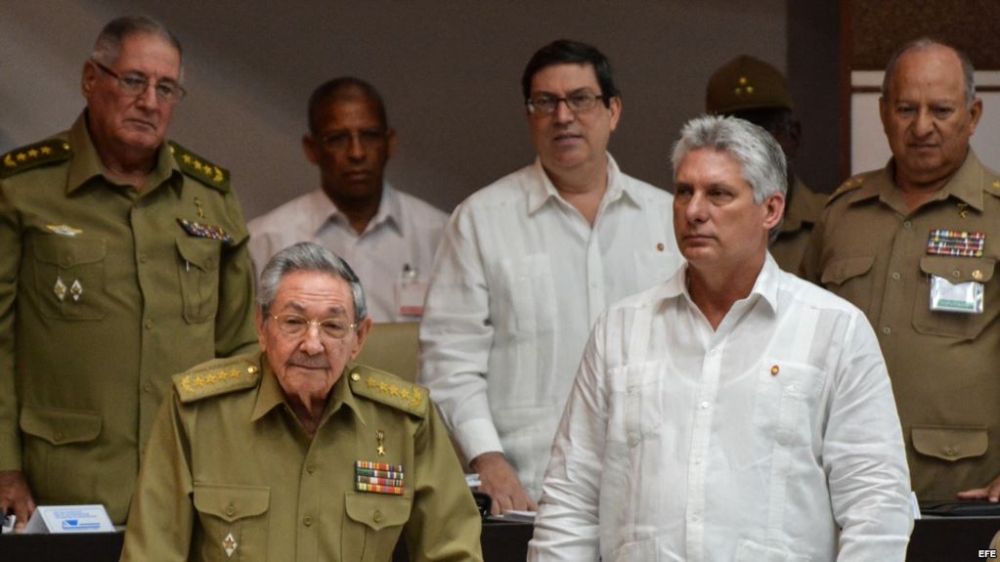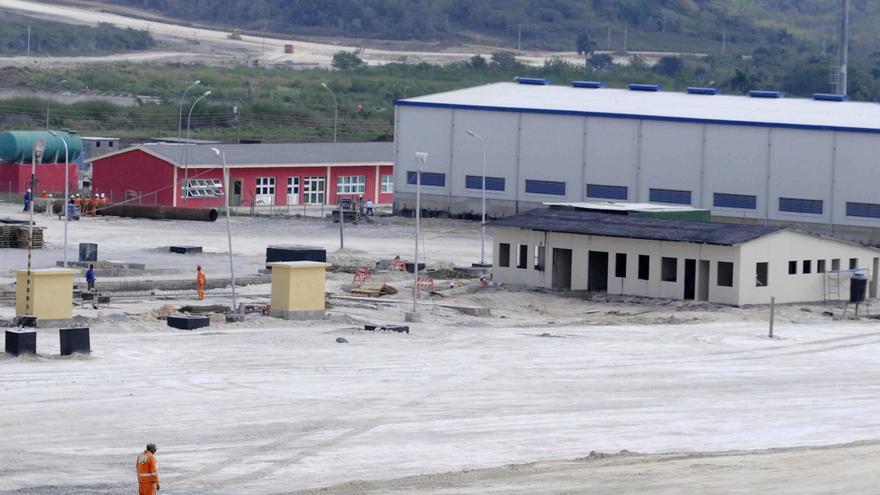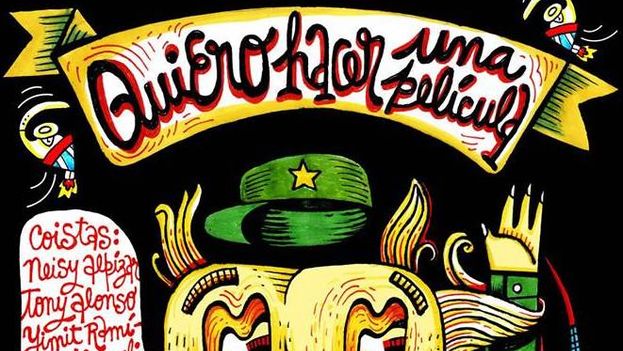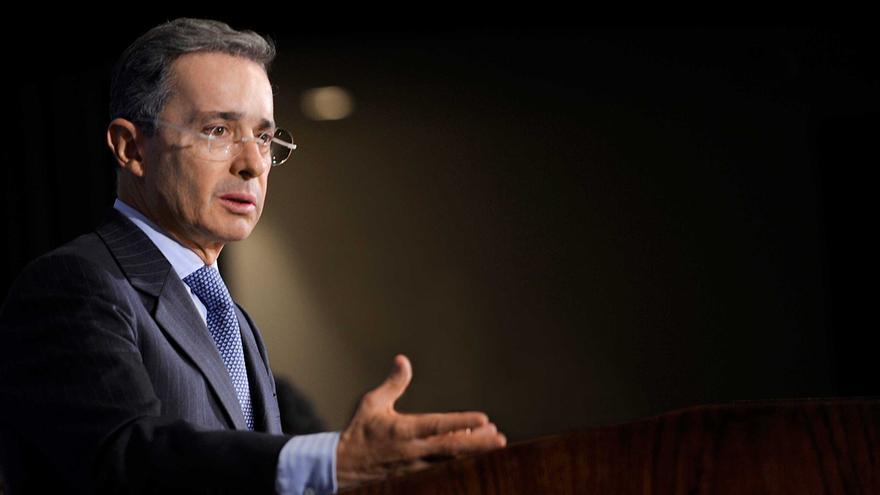
![]() 14ymedio The Cuban Embassy in Bogotá spoke out this Wednesday about the alleged connection of Cuban intelligence in a possible attack against the Colombian senator and ex-president, Álvaro Uribe.
14ymedio The Cuban Embassy in Bogotá spoke out this Wednesday about the alleged connection of Cuban intelligence in a possible attack against the Colombian senator and ex-president, Álvaro Uribe.
14ymedio, 11 May 2018 — The Cuban Embassy in Bogotá spoke out this Wednesday about the alleged connection of Cuban intelligence to a possible attempt against the life of Colombian senator and former President, Álvaro Uribe.
Diplomatic headquarters published a statement claiming the reported participation of Cuba and Venezuela in the failed attack was “manipulative.” Cuba “has never acted in the way some media outlets and resentful individuals are suggesting, regardless of how powerful its enemies are,” advised the text. continue reading
“That is not how Cuba acts; or is it that for certain people it is difficult to understand foreign policy based on principles, values, and ethics? Asked the diplomatic statement.
Senator Alfredo Rangel, a member of the Uribe Democratic Center, announced that the intelligence agencies of Venezuela and Cuba, along with Colombian drug traffickers were behind the threats to the former president.
“A triple alliance has been formed to attempt against the life of former President Uribe,” said the senator, who immediately accused Cuban State Security and the Bolivarian Intelligence Service (Sebin) of being behind the attack.
The accusation was supported by former President Andrés Pastrana, who, in a conversation with VocesRCN, said that it was President Juan Manuel Santos’ government’s turn “to state whether Cuba and Venezuela’s desire to attack against Uribe was true or false.”
The Minister of the Interior, Guillermo Rivera, confirmed that on 26 April the National Intelligence Committee informed the Government about a possible attempt against former President Álvaro Uribe.
“The president of the Republic, Juan Manuel Santos, asked me to communicate with Álvaro Uribe to share some urgent and delicate information,” said Rivera.
For his part, Uribe said that according to the information he received “there were local and foreign criminals involved.”
The Government has not released any further details about the alleged attack or accused any foreign country of having planned it. In Havana, representatives of the Colombian government met with delegates of the National Liberation Army (ELN) guerilla to try to establish a ceasefire before the presidential election on 27 May 2018.
This is the fifth round of negotiations between the ELN and the Colombian government. In April, the Ecuadorian government, which served as a mediator, decided to withdraw after accusing the ELN of terrorist activities.
Cuba helped orchestrate the peace between the Revolutionary Armed Forces of Colombia (FARC) and that country. The peace agreement, forged in Havana, put an end to the continent’s longest-running guerilla and paved the way for awarding the Nobel Peace Prize to Juan Manuel Santos, the current president.
The process of peace with the FARC, now turned into a political opposition party, is undergoing especially tense moments after one of the leaders of the organization, Seusis Pausivas Hernández Solarte, alias Jesús Santrich, was detained and accused of conspiring to send 10 tons of cocaine to the United States.
Translated by: Chavely Garcia
___________________________
The 14ymedio team is committed to serious journalism that reflects the reality of deep Cuba. Thank you for joining us on this long road. We invite you to continue supporting us, but this time by becoming a member of 14ymedio. Together we can continue to transform journalism in Cuba.


